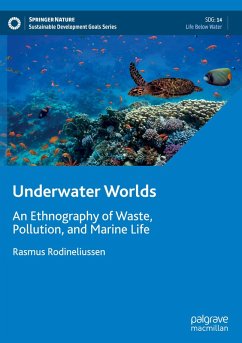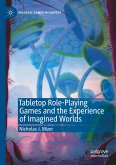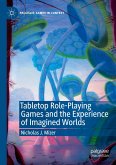This book investigates relations between humans, waste, pollution, and marine life. It introduces the concept of Aquabiopolitics as a means to understand how humans govern life in water in order to enrich human life on land. The study focuses on the Baltic Sea and Lake Mälaren, using Stockholm, the capital of Sweden, as the connection point. Throughout the book, the author explores how human practices over time have had devastating effects on marine life and continue to have so today. The book engages with the marine world through underwater ethnography to provide a perspective on water from below the surface. In this endeavor, it tracks marine scientists and trash scuba divers who are jointly invested in tracking human maltreatment of water and finding solutions for treating water differently in the future. It follows the scientists on expeditions at sea and to their laboratories in order to learn about their methods and relations to underwater worlds. Together with the trash scuba divers, we will dive into the dark murky waters around Stockholm-experiencing what it is like to move below water, among sharp and toxic waste, without any visibility. The work of creating a knowing and caring relationship between humans and water is of key importance to both scientists and divers. Therefore, one of the main parts of this book is to analyze how, and if, this relationship can be created: via social media, images, installations, or other means.
Bitte wählen Sie Ihr Anliegen aus.
Rechnungen
Retourenschein anfordern
Bestellstatus
Storno








